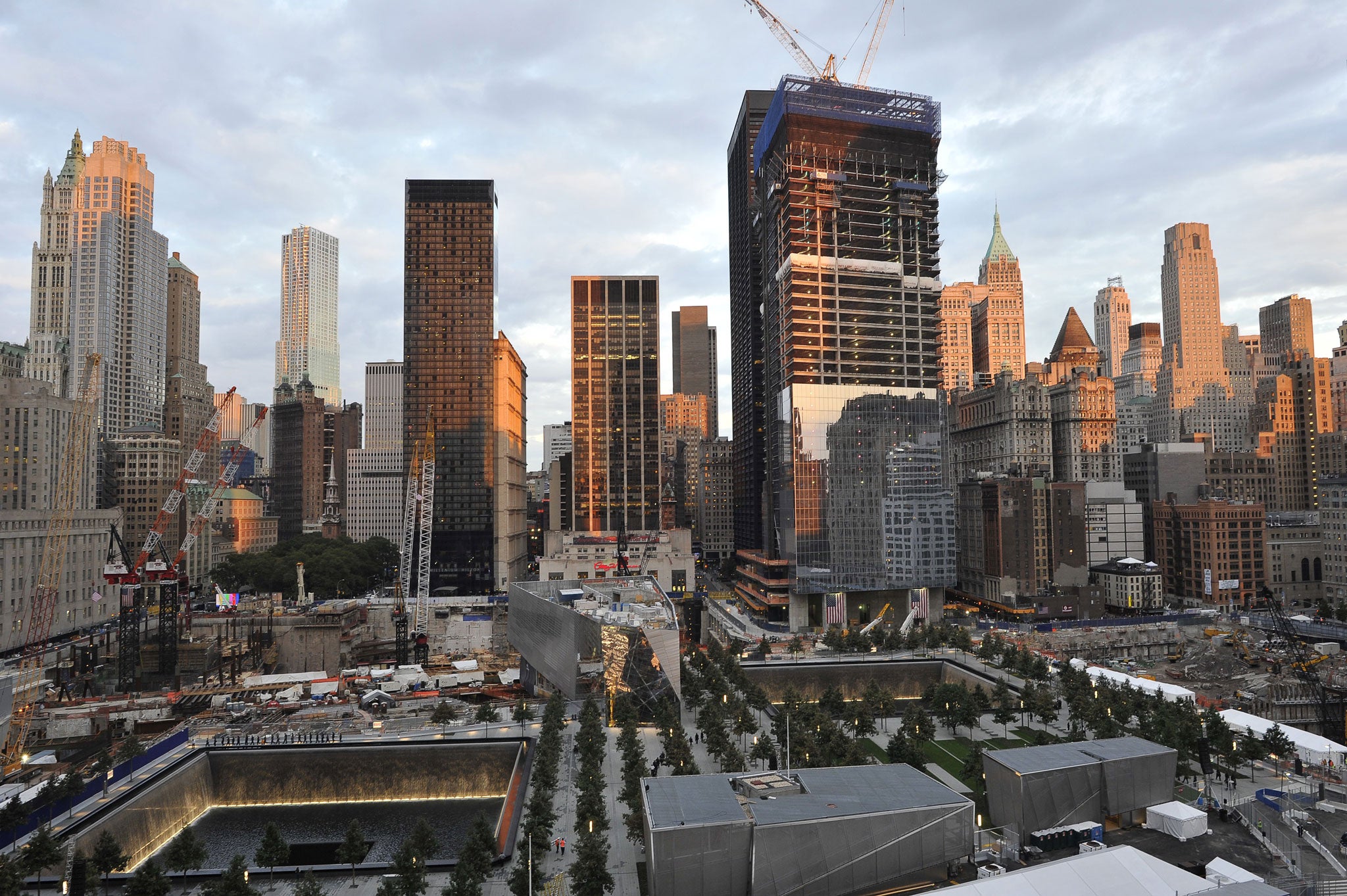Please don't bury me in a skyscraper
An architect has brought us perilously close to a world where morgues tower upwards

A skyscraper is no place to bury a body. You might think this was self-evident, or didn’t need putting into words, but an architect has brought us perilously close to a world where morgues tower into the sky, stuffing bodies of the deceased into floor after floor of concrete and steel. “The vertical cemetery”, wrote Martin McSherry of his proposal, “will become a significant part of the city and a daily reminder of death’s existence”. Last week, it earned a commendation at the Oslo Conference for Nordic Cemeteries and Graveyards – an event I’m told is quite the evening.
Pragmatists will approve of ‘skullscrapers’, and probably city planners too. In Norway, the post-war practice of interring bodies wrapped in plastic – more hygienic, ran the delusion - has meant that corpses are not decaying in any great rush, leading to oversubscribed graveyards. McSherry points out that giving more land to the departed means less for the living. You can’t quibble with that. In Britain, local authorities warned earlier this year that burial space could run out within two decades. So picture it: a new behemoth on the London skyline, erected right in the middle of the city to remind hedge-fund managers that, at some point, they too must die. “Look on my works, ye Mighty, and despair!” - Ozymandias would be delighted.
Rarely do we acknowledge the extent to which mortality has been elbowed to the margins of contemporary life. In his pivotal 1981 study ‘The Hour of Our Death’ Philippe Aries wrote that – such was Western discomfort with the funereal – people were dying in ever more solitary fashion. Death was becoming “invisible”, he said - long before immortal vampires permanently installed themselves in our culture, and botox took years off our foreheads. Somewhere wrapped up in his theory lies our blindness to the aged as well.
Why then object to something that would turn death into an unmissable landmark? Because, I feel, the poetry of it isn’t quite right. There is nothing elegiac about a skyscraper: they’re ambitious, lean, and busy. Many of us spend an entire life hustling from high rise to high rise; without wanting to sound too much like Alain de Botton, a change of scene is surely one of the more appealing aspects of crossing over. (It’s apt that the memorial at Ground Zero is a pool, not a tower).
Perhaps the greatest elegist of modern times, Seamus Heaney, died this year. He recalls the death of his mother as a spatial process in ‘Clearances’ – how “we all knew one thing by being there. The space we stood around had been emptied / Into us to keep, it penetrated / Clearances that suddenly stood open.” In a way, death is a bit like poetry: everyone knows that it is there, but few people have time to look. Forcing people to read Heaney and co. is no way to make them enjoy it, just as forcing people to consider a skullscraper is not going to cure us of the quest to live forever.
Join our commenting forum
Join thought-provoking conversations, follow other Independent readers and see their replies
Comments
Bookmark popover
Removed from bookmarks